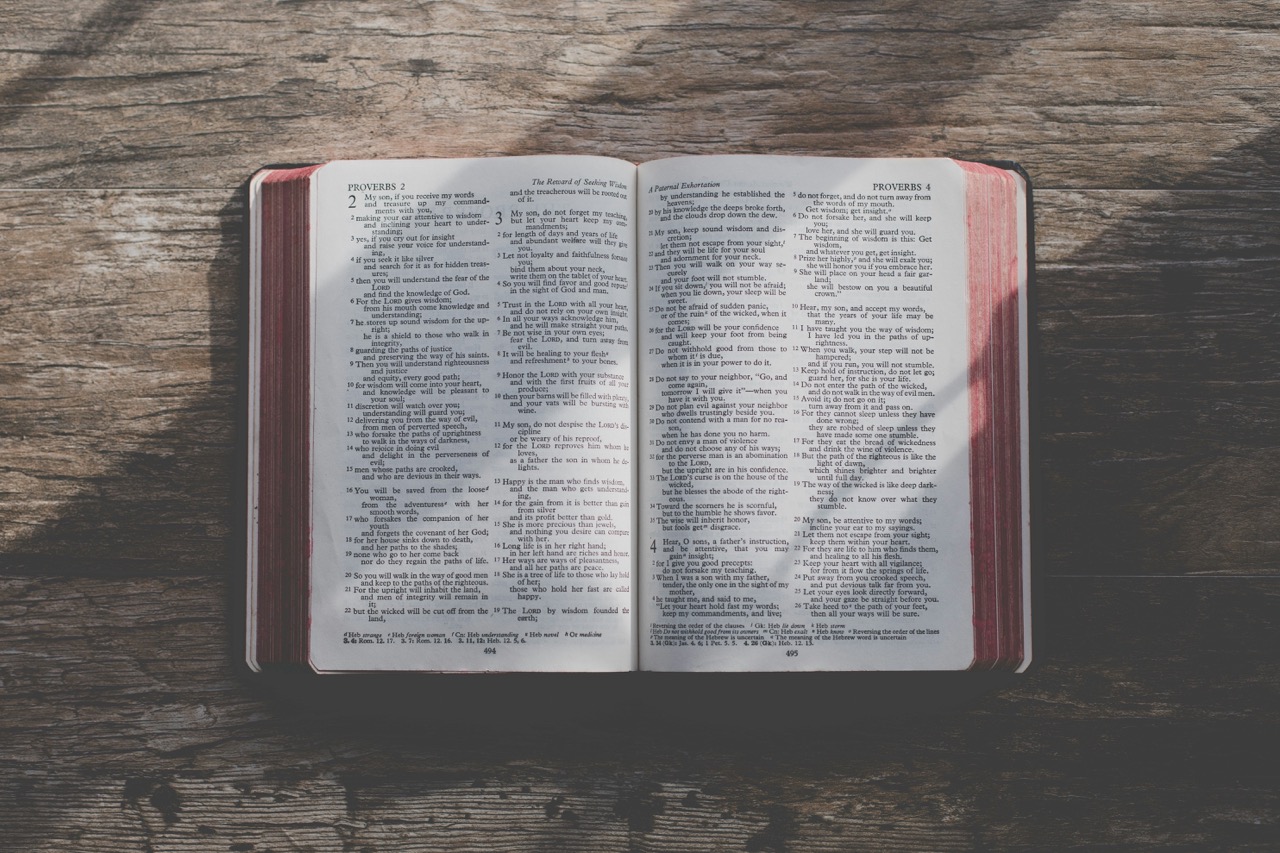The Birthright Struggle: Jacob and Esau’s Conflict

The biblical narrative of Jacob and Esau, found in the Book of Genesis, is not merely a tale of sibling rivalry; it is a profound exploration of family dynamics, identity, and the complexities of heritage. The story of these twin brothers illuminates the significance of birthright—an institution deeply rooted in the customs and values of the ancient Near East. This article delves into the historical context surrounding birthright, the pivotal characters in this saga, the unfolding conflict fraught with deception, and the lessons gleaned from this ancient struggle.
Historical Context: The Significance of Birthright in Antiquity
In the ancient Near East, birthright held immense significance, particularly within the context of family and tribal structures. The firstborn son was traditionally granted a double portion of the inheritance and assumed leadership of the family upon the father’s death. This privilege not only conferred material wealth but also placed the firstborn in a position of authority and responsibility within the clan. Such customs were integral to maintaining social cohesion and familial loyalty, as the firstborn often served as a mediator between the family and the broader community.
The concept of birthright extended beyond mere material possessions; it also encompassed spiritual and familial blessings. In the biblical narrative, these blessings often included the promise of divine favor or covenantal status, which were crucial for the continuation of the family line. The weight of these blessings could shape the destiny of entire nations, as seen in the stories of Abraham, Isaac, and Jacob. Within this cultural framework, the struggle for birthright between Jacob and Esau underscores the high stakes involved in familial relationships, where loyalty, rivalry, and divine providence intersect.
Furthermore, the context of the ancient agrarian society added layers to the birthright’s significance. Land ownership, agricultural productivity, and livestock were pivotal to a family’s survival and prosperity. Therefore, the fight for the birthright represented not just a personal dispute but a contest over the means of sustenance and social standing. As these twin brothers navigated their tumultuous relationship, the implications of their conflict reverberated throughout their family and beyond, setting the stage for future generations in the biblical narrative.
Key Characters: Jacob and Esau’s Divergent Paths
Jacob and Esau, the twin sons of Isaac and Rebekah, represent contrasting archetypes within the biblical narrative. Esau, the elder brother, is characterized as a rugged outdoorsman, skilled in hunting and favored by his father, Isaac. His physicality and prowess in the wilderness symbolize the traditional image of masculinity and strength in ancient culture. In contrast, Jacob is depicted as a more introspective figure, favoring domestic life and often associated with cunning and cleverness. Rebekah, their mother, favors Jacob, which introduces an element of familial tension and sets the stage for the unfolding conflict.
From their birth, the twins were marked by a prophecy that the elder would serve the younger, indicating a divine plan that deviated from cultural norms. This prophecy not only shapes their identities but also foreshadows the complex interplay of power and privilege that will define their relationship. As they mature, their divergent paths become more pronounced, with Esau embracing his role as the firstborn, while Jacob’s aspirations point toward the birthright and blessing that Esau seemingly takes for granted.
The contrasting paths of Jacob and Esau also reflect broader themes of identity and destiny in biblical literature. Jacob’s relentless pursuit of the birthright positions him as a figure of ambition and resilience, whereas Esau embodies the immediate gratification of his desires, ultimately leading to his vulnerability. Their stories intertwine to reveal a narrative rich in moral and ethical dilemmas, inviting readers to ponder the implications of their choices and the nature of familial loyalty.
The Conflict Unfolds: Deception and Its Consequences
The conflict between Jacob and Esau reaches a critical point when Jacob, urged by Rebekah, deceives his father Isaac to obtain his brother’s birthright and blessing. Esau returns from hunting to find that his brother has exploited his moment of vulnerability, trading a bowl of lentil stew for his birthright in a moment of desperation. This act of deception not only fractures the bond between the brothers but also sets in motion a series of events that highlight the moral complexities of their choices.
The act of deception is underscored by the cultural values of the time, where cunning and strategy often dictated success. Jacob’s acquisition of the birthright symbolizes a shift in power dynamics, wherein the younger brother subverts traditional expectations. However, this victory is not without consequences; upon realizing the betrayal, Esau’s anguish and rage lead him to vow revenge, prompting Jacob to flee for his safety. This turning point in their relationship encapsulates the notion that the pursuit of personal ambition can lead to deep familial rifts and long-lasting repercussions.
Moreover, the conflict between Jacob and Esau serves as a precursor to the broader themes of reconciliation and forgiveness that emerge later in their narrative. As Jacob embarks on his journey to escape Esau’s wrath, he encounters various trials and challenges that shape his character. The consequences of their initial conflict lay the groundwork for future encounters, ultimately culminating in a poignant reunion that highlights the complexities of forgiveness and the possibility of healing within fractured relationships.
Lessons Learned: Implications of the Birthright Struggle
The struggle for birthright between Jacob and Esau imparts significant lessons about ambition, identity, and familial relationships. The narrative illustrates the lengths individuals may go to achieve their desires, often employing cunning and deceit as tools for success. However, the subsequent fallout serves as a cautionary tale about the consequences of such actions, reminding readers that ambition untempered by ethics can lead to estrangement and regret. The story compels individuals to reflect on their motivations and the potential impact of their choices on familial bonds.
Moreover, the conflict underscores the importance of reconciliation and the transformative power of forgiveness. Despite the betrayal, the eventual reunion of Jacob and Esau illustrates the possibility of healing even after profound conflict. Their encounter becomes a testament to the resilience of familial relationships, emphasizing that while wounds may run deep, the capacity for understanding and reconciliation can pave the way for renewed connections. This theme resonates across cultures and time periods, reminding individuals of the value of humility and compassion in the face of adversity.
Lastly, the story serves




